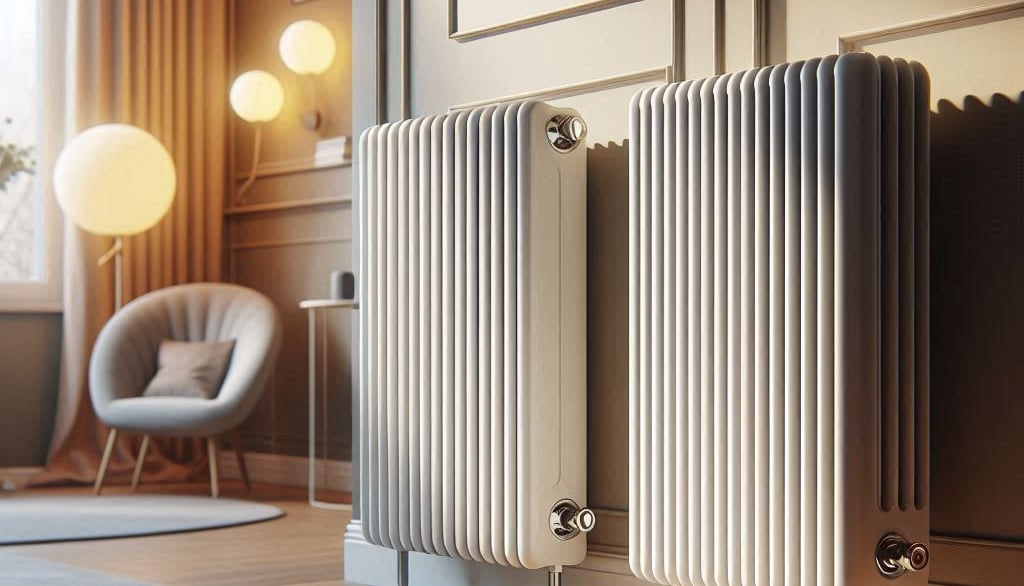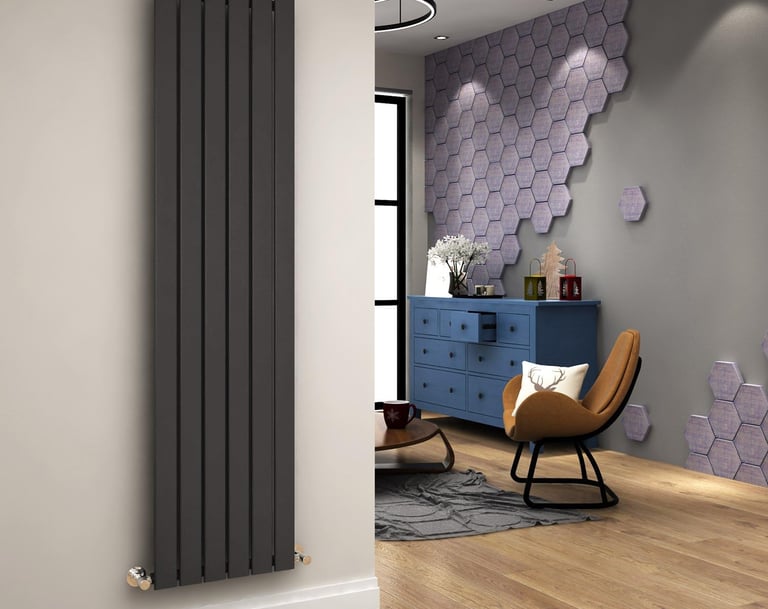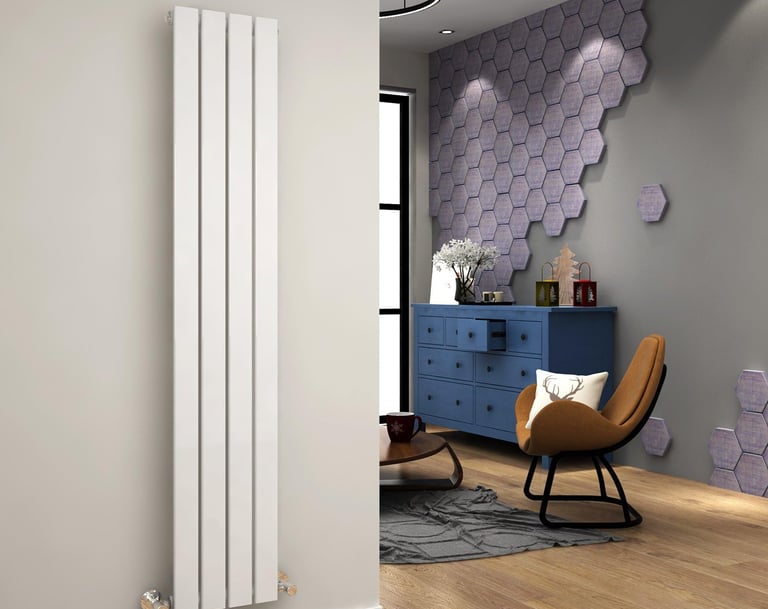A Comprehensive Guide to Radiators: Metals, Styles, and Innovations
A guide to radiator materials.
RADIATORS
8/17/20243 min read


Understanding Radiators and Their Importance
Radiators play a crucial role in heating systems, serving as a key component for maintaining a comfortable temperature in both residential and commercial properties. These devices operate on the principles of heat convection and radiation, effectively transferring thermal energy from a heat source to the surrounding space. When hot water or steam flows through a radiator, it releases heat into the air, which then rises and circulates, creating a consistent and even warmth. This process not only ensures an evenly heated space but also optimizes energy consumption.
One of the primary advantages of a well-functioning radiator is increased energy efficiency. A radiator that operates at optimal performance levels utilizes energy more effectively, reducing overall heating costs. Additionally, radiators contribute significantly to improved comfort levels. By providing a steady and reliable source of heat, they eliminate cold spots and maintain a uniform temperature, enhancing the livability of any environment.
Beyond comfort and efficiency, radiators also add to the value of a property. Modern radiators often come in a variety of stylish designs and materials, making them more than just functional elements—they can be aesthetic enhancements to a space, boosting the overall appeal and market value of a home or office. This versatility means that property owners can choose radiators that complement their interior designs while benefiting from the latest technological innovations.
However, to capitalize on these benefits, it’s important to address common issues that can affect radiator performance. Problems such as trapped air, leaks, or blockages can hinder a radiator’s efficiency. Regular maintenance, including bleeding the radiators to remove air pockets and checking for any signs of wear or damage, is essential to ensure long-term reliability. By staying vigilant and attending to these maintenance tasks, property owners can assure their radiators continue to function optimally, providing consistent warmth and energy efficiency.
Different Metals Used in Radiators: Mild Steel, Aluminium, and Stainless Steel
Radiators play a crucial role in heating systems, and the choice of metal used in their construction can significantly impact their performance, cost, and longevity. Among the most commonly used metals are mild steel, aluminium, and stainless steel, each offering distinct properties that cater to different needs and preferences.
Mild steel is a popular choice in radiator manufacturing due to its affordability and durability. Radiators made from mild steel are cost-effective, making them an attractive option for those on a budget. They also have a considerable lifespan, providing long-term reliability. However, one of the disadvantages of mild steel is its susceptibility to corrosion if not adequately treated or maintained. Despite this, modern mild steel radiators often come with protective coatings to enhance their resistance to rust and extend their durability.
Aluminium radiators are renowned for their lightweight nature and exceptional thermal conductivity. They heat up quickly, providing efficient and effective warmth in a short amount of time, which can lead to energy savings. Aluminium's lightweight properties make these radiators easier to install, especially in properties where weight considerations are important. On the downside, aluminium radiators can be more expensive compared to those made from mild steel, and they may not retain heat as long once the heating system is turned off.
Stainless steel is another excellent material choice for radiators, valued primarily for its resistance to corrosion and attractive appearance. Stainless steel radiators maintain their aesthetic appeal over time, which can add a touch of modern elegance to interiors. Their resistance to rust ensures a longer lifespan with minimal maintenance. However, the cost of stainless steel radiators is generally higher than that of mild steel and aluminium counterparts, which might be a consideration for budget-conscious consumers.
In conclusion, the choice of metal in radiator manufacturing can greatly influence its performance, efficiency, and durability. While mild steel radiators offer a balance of cost-effectiveness and durability, aluminium radiators are favored for their quick heating and lightweight properties. Stainless steel radiators provide exceptional corrosion resistance and aesthetics but come at a higher price. Selecting the appropriate metal depends on individual preferences, budget, and specific heating requirements, ensuring the optimal performance and longevity of your radiator system.
Explore latest trends and innovations in bathroom industry.
News
Videos
sales@plumbsolutions.uk
© 2024. All rights reserved.
Cookies




